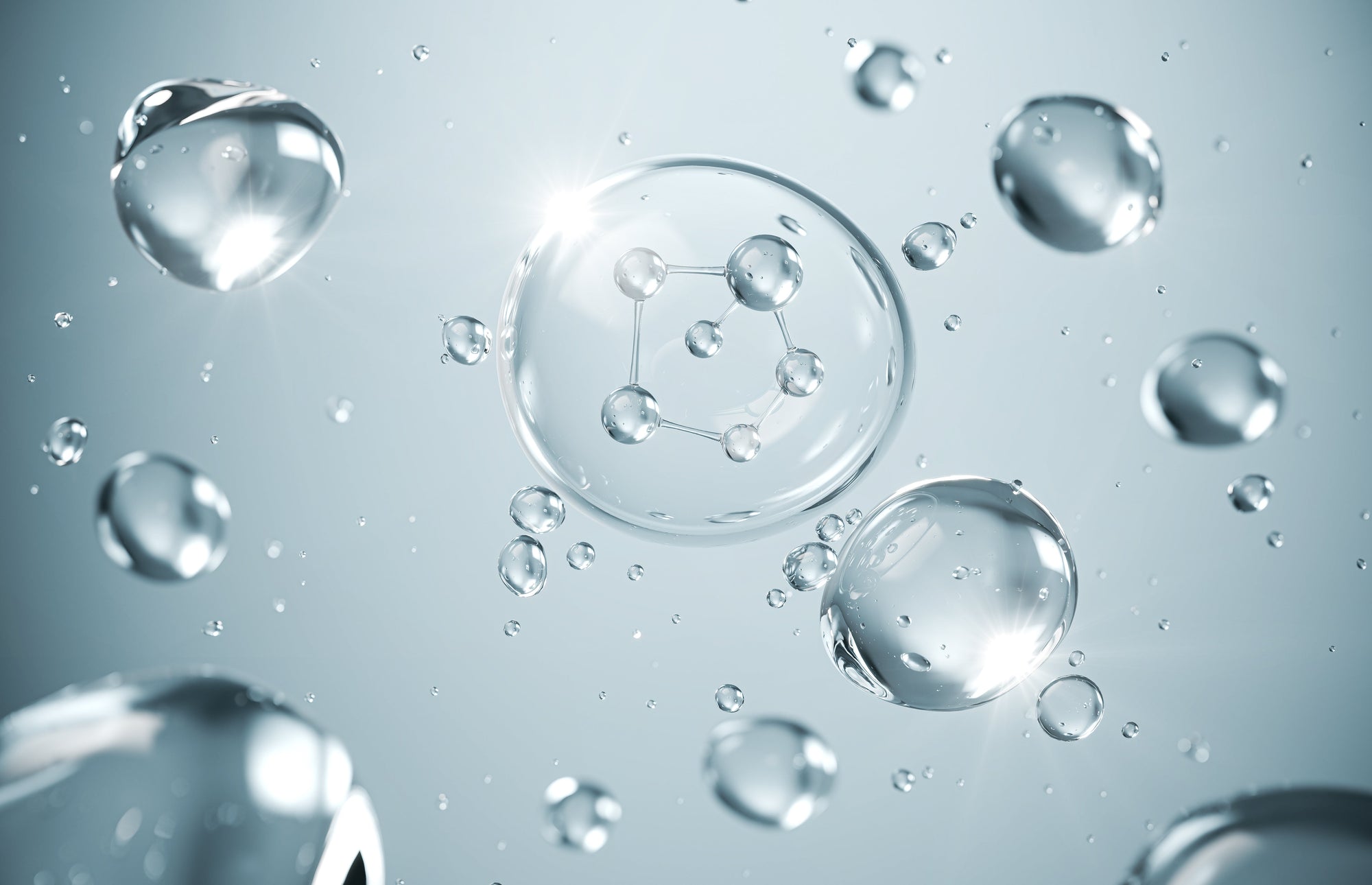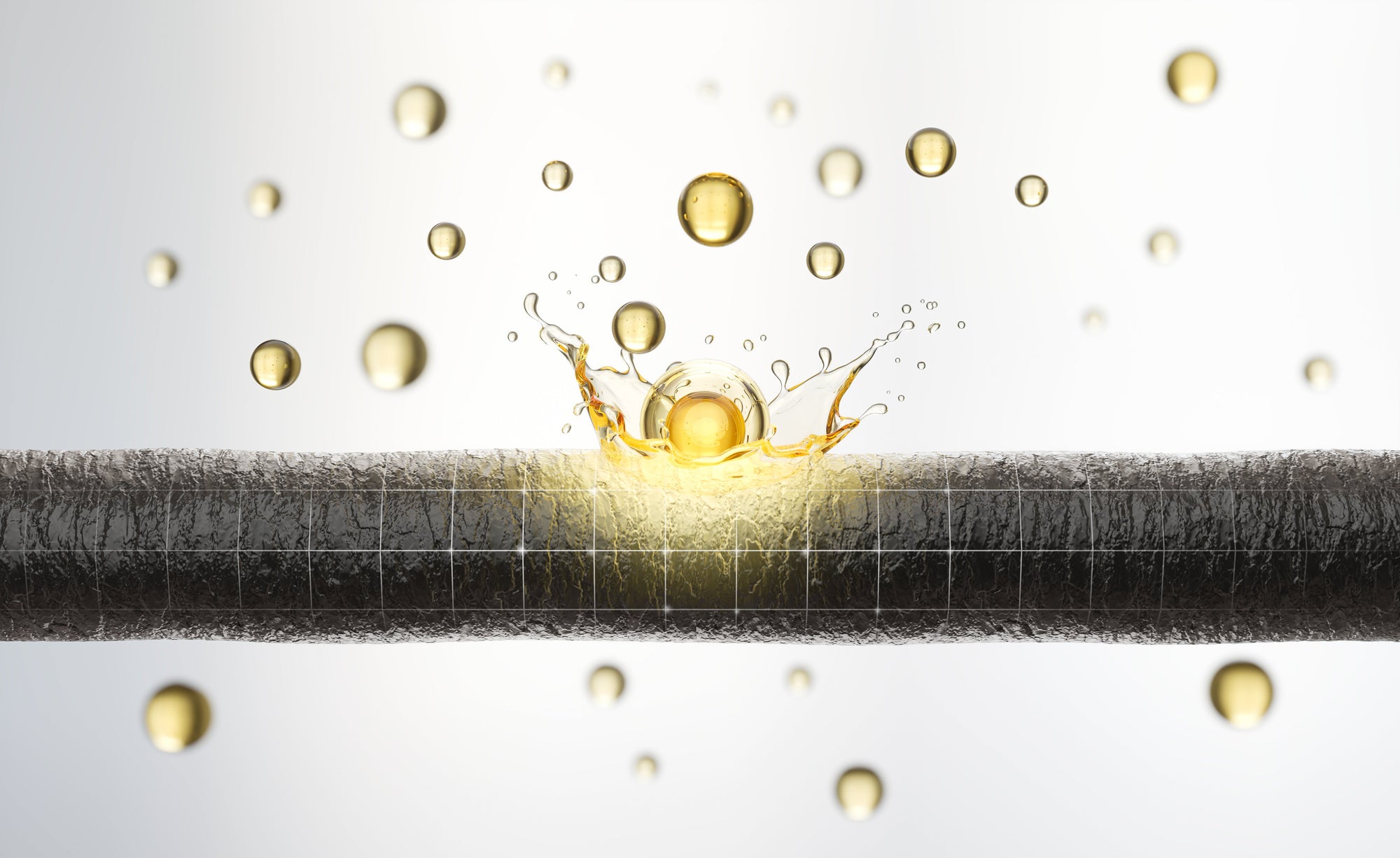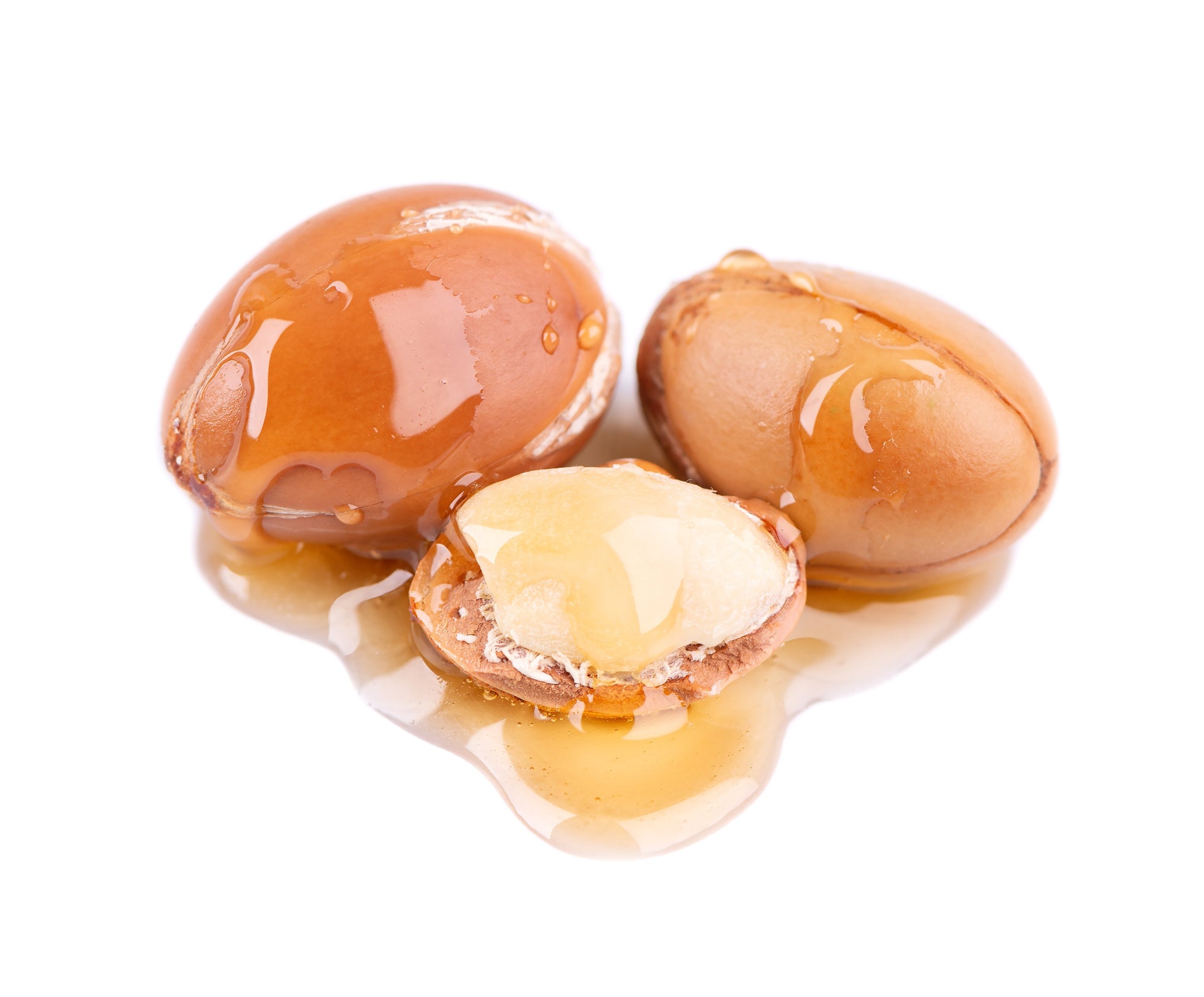Introduction: Understanding Hair Care Ingredients
When it comes to hair care, sulfates, silicones, and parabens are some of the most debated ingredients. Some people swear by sulfate-free and silicone-free shampoos, while others feel that these ingredients play a crucial role in keeping hair clean and manageable. But what’s the truth? Let’s break down what each of these ingredients does, their potential benefits and risks, and whether you should avoid them.
What Are Sulfates?
Sulfates are surfactants (cleansing agents) commonly found in shampoos and other personal care products. The most common types include Sodium Lauryl Sulfate (SLS) and Sodium Laureth Sulfate (SLES). They help create a rich lather that effectively removes dirt, oil, and product buildup from the scalp and hair.
Pros of Sulfates:
-
Effective Cleansing: Sulfates efficiently remove dirt, excess oil, and product residue.
-
Lathering Effect: They create a satisfying foam, making shampoos feel more cleansing.
-
Affordable and Widely Available: Shampoos with sulfates tend to be more budget-friendly and widely accessible.
Cons of Sulfates:
-
Strips Natural Oils: Sulfates can be too harsh, removing essential scalp oils and leaving hair dry.
-
May Irritate Sensitive Scalps: People with sensitive skin or conditions like eczema may experience irritation.
-
Fades Color-Treated Hair: Sulfates can strip away hair dye, leading to faster fading for color-treated hair.
Should You Avoid Sulfates?
If you have dry, curly, color-treated, or sensitive hair, opting for a sulfate-free shampoo can help maintain moisture and scalp health. However, for those with oily hair, occasional sulfate use can effectively cleanse excess buildup.
What Are Silicones?
Silicones are synthetic polymers that create a smooth, protective barrier around the hair shaft. They are commonly found in conditioners, serums, and styling products to add shine and reduce frizz.
Pros of Silicones:
-
Adds Shine and Softness: Silicones give hair a glossy, silky finish.
-
Reduces Frizz: Helps manage frizz and flyaways by coating the hair cuticle.
-
Provides Heat Protection: Forms a barrier against heat damage from styling tools.
Cons of Silicones:
-
Can Cause Build-Up: Some silicones are not water-soluble and require clarifying shampoos to remove them.
-
May Weigh Hair Down: Heavy silicones can make fine or thin hair feel greasy and limp.
-
Prevents Moisture Penetration: Creates a barrier that may block beneficial hydration over time.
Should You Avoid Silicones?
Not all silicones are bad! Water-soluble silicones (such as Dimethicone Copolyol) are easier to rinse out and less likely to cause buildup. If your hair feels weighed down, consider switching to a silicone-free conditioner or using a clarifying shampoo occasionally.
What Are Parabens?
Parabens are preservatives used to prevent mold, bacteria, and yeast growth in hair and beauty products. Common types include Methylparaben, Propylparaben, and Butylparaben.
Pros of Parabens:
-
Prevents Contamination: Helps extend the shelf life of products.
-
Cost-Effective: Keeps formulations stable and effective over time.
-
Safe at Low Levels: Regulatory bodies like the FDA and EU consider parabens safe at controlled levels.
Cons of Parabens:
-
Potential Hormonal Disruption: Some studies suggest parabens mimic estrogen, raising concerns about long-term exposure.
-
Possible Allergic Reactions: Can cause irritation in people with sensitive skin.
-
Growing Consumer Concern: Many consumers prefer natural alternatives due to perceived health risks.
Should You Avoid Parabens?
If you prefer a cleaner beauty routine, paraben-free products are a good choice. Many brands now use natural preservatives like Vitamin E, essential oils, or plant-based extracts instead.
Final Verdict: Should You Go Sulfate-Free, Silicone-Free, and Paraben-Free?
The best choice depends on your hair type, concerns, and personal preferences:
-
If you have dry, curly, or color-treated hair, sulfate-free and silicone-free products may work better for maintaining hydration.
-
If your hair is fine or easily weighed down, avoiding heavy silicones can keep it feeling light and bouncy.
-
If you prefer natural or cleaner beauty, opting for paraben-free products can align with your values.
Ultimately, understanding the role of these ingredients helps you make informed decisions for your hair care routine. Choosing high-quality, well-formulated products tailored to your hair needs is key to achieving healthy, beautiful hair.
Looking for clean, professional-grade hair products? Explore our extensive store with clean formulations designed for salon-quality results!



